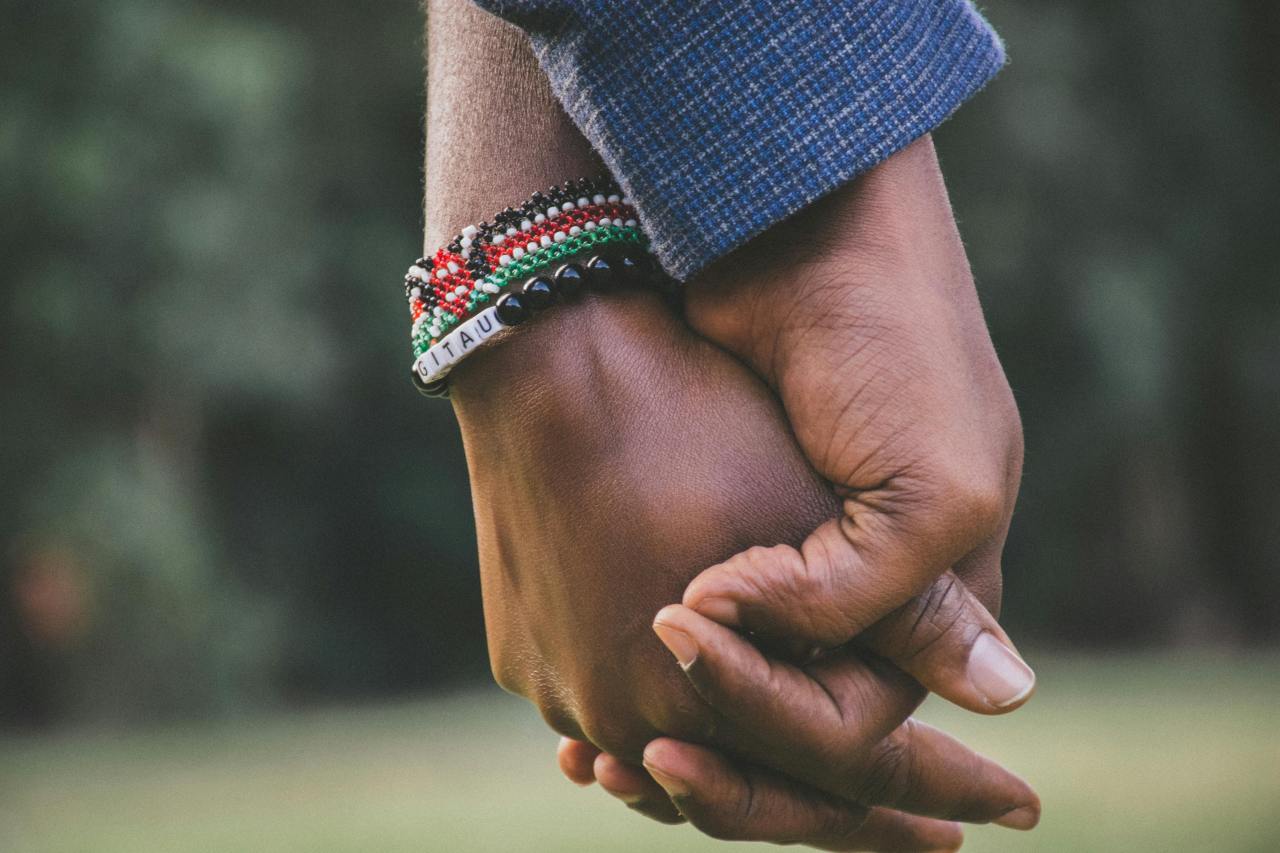
Navigating Love: Building Relationships While Living With Crohn’s Disease
By Evena Adams
Living with Crohn’s disease presents a unique set of challenges that can permeate many aspects of life, including relationships and dating. Crohn’s disease, a type of inflammatory bowel disease (IBD), affects the digestive tract, leading to symptoms such as abdominal pain, diarrhea, fatigue, and weight loss. These symptoms can be unpredictable and often require careful management through medication, diet, and lifestyle adjustments. For me, the physical and emotional toll of the disease can complicate the experience of navigating the dating scene, leading to feelings of anxiety, self-consciousness, and uncertainty. Dating alone is already a whirl of mess to have to sift through, adding an uncurable diagnosis, well, that really turns things up a notch.
Dating with Crohn’s disease requires a nuanced approach, beginning with open and honest communication. It can be daunting to disclose a chronic illness to a potential partner, especially early in the relationship. However, sharing this part of my life can foster deeper understanding and empathy. Being upfront about my condition has helped set expectations and reduce misunderstandings. Oh, and there have been many understandings. For example, when I am not feeling well or don’t have the energy to get out of bed, let alone go out on a date, it can come across as not being interested, when I am just in too much pain. Disclosing earlier on lets them know that when that happens it doesn’t automatically mean I’m ignoring them or uninterested. It’s important to find the right moment to have this conversation—ideally, when I feel comfortable enough and trust has been established. This transparency not only builds a foundation of trust but also allows my partner to support me better during flare-ups or challenging times.
Maintaining a balanced lifestyle is crucial for managing Crohn’s disease while dating. This includes sticking to a suitable diet, managing stress, and adhering to treatment plans. It’s beneficial for me to plan dates that accommodate my health needs—choosing venues with dietary options that are safe for me or engaging in activities that are not overly strenuous. But I do stray sometimes to make sure a potential partner’s needs are being met as well. It’s a juggling act. It’s also important for me to listen to my body and communicate my needs from my partner. A compassionate partner will understand the importance of flexibility and support. Ultimately, while Crohn’s disease adds an extra layer of complexity to dating, it can also strengthen a relationship by fostering deeper connections and mutual care. I haven’t given up on finding love just because of my diagnosis, but I am very cautious of who I allow into my space because of it.











